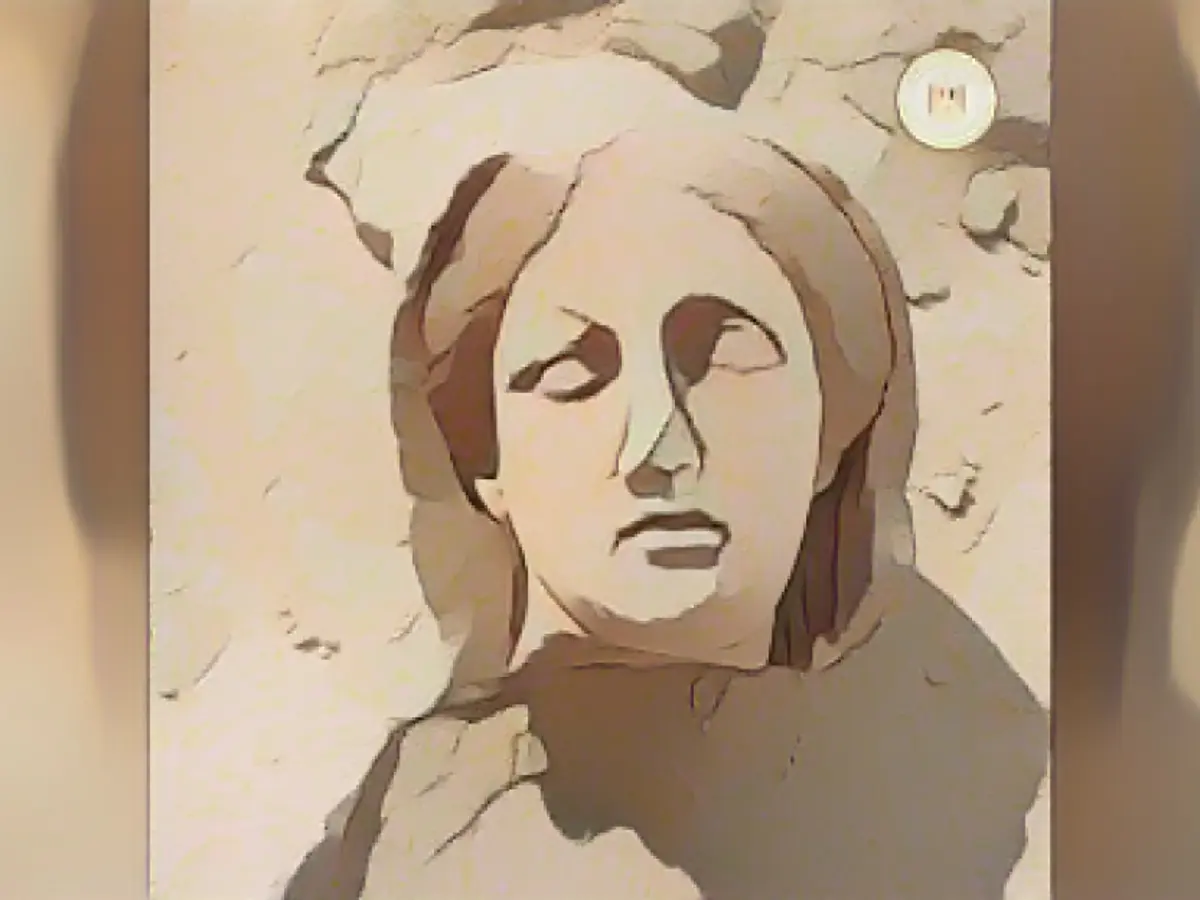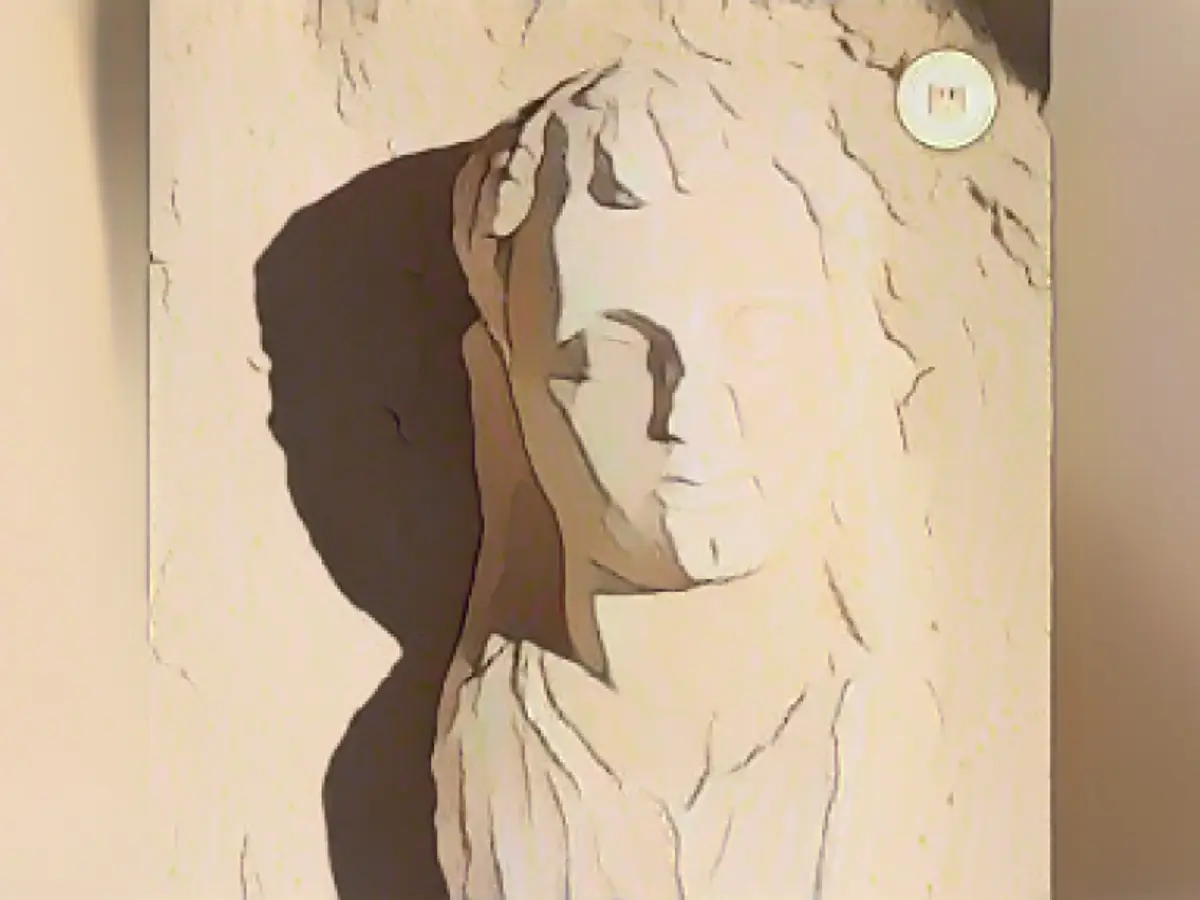Unearthing a Mummy's Golden Tongue in Egypt: A Fascinating Discovery
Working at the Taposiris Magna Temple, west of Alexandria, a team led by Dr. Kathleen Martinez from the Universidad Santo Domingo in the Dominican Republic unearthed fifteen Greek and Roman tombs during their research. According to a post by the Egyptian Ministry of Tourism and Antiquities on Facebook, several "poorly preserved mummies" were discovered in the shaft, including "remains of a gilded box" and a "golden amulet shaped like a tongue." The team suspects that this amulet was part of an ancient ritual to ensure the deceased could communicate with Osiris' court in the afterlife.

Two of the most prominent mummies discovered had significant gold adornments. One bore an engraving of the god Osiris, the deity of the afterlife, while the other donned a crown with horns and a cobra on the forehead, with a gold-plated pendant shaped like a falcon's head hanging on her chest, a symbol of the god Horus.

Dr. Khalid Abo El-Hamud, Head of the Egyptian Ministry's Alexandria branch, highlighted another significant discovery, a gold-plated funeral mask belonging to a woman, decorated with eight small gold leaves depicting the petals of a golden crown. Additionally, eight marble masks representing Greek and Roman faces were found, showcasing the exceptional sculpting and facial representation skills of that era.
The Greek conqueror Alexander the Great of Macedonia seized Egypt in 332 BC, establishing a dual rule with the Ptolemies. The Ptolemies later succumbed to Roman rule in 30 BC, leading to a period of Roman rule that lasted approximately 340 years.
Recent archaeological excavations have uncovered numerous coins bearing the name and image of Queen Cleopatra VII, marking the Ptolemaic era. The team also discovered parts of statues and temple grounds, hinting at the construction of a temple by King Ptolemy IV.
The discovery of the golden tongue and other artifacts from ancient Egyptian culture serves as a reminder of Egypt's rich history and cultural heritage. A visit to these archaeological sites in Egypt offers travelers an opportunity to explore millennia-old artifacts and gain insights into the lives of Egypt's past rulers.
Extra Insights
- In ancient Egyptian culture, gold symbolized immortality and the divine, representing the eternal nature of the gods. The use of gold in mummification and other rituals underscored the high status and divine connection of the deceased.
- The golden tongue amulet was an integral part of the elaborate funerary practices of ancient Egyptians, providing additional protection and comfort to the deceased in their afterlife journey.
- The advanced craftsmanship of ancient Egyptian artisans is apparent in items such as the golden tongue amulet, underscoring their cultural and artistic achievements.
- The presence of gold in mummies also serves as historical context, revealing the social status and wealth of the individuals being buried.
- Each artifact discovered is a testament to the rich history and cultural significance of Egypt, making it an exciting destination for travel enthusiasts.








